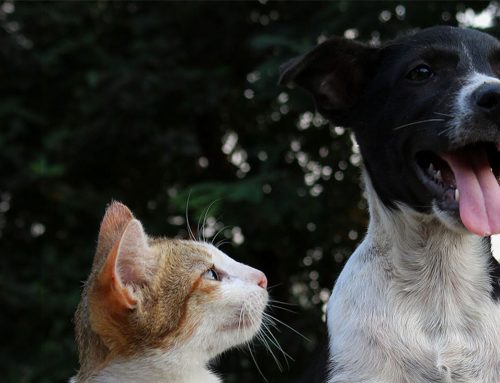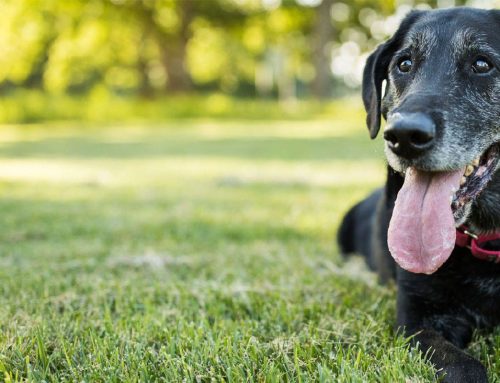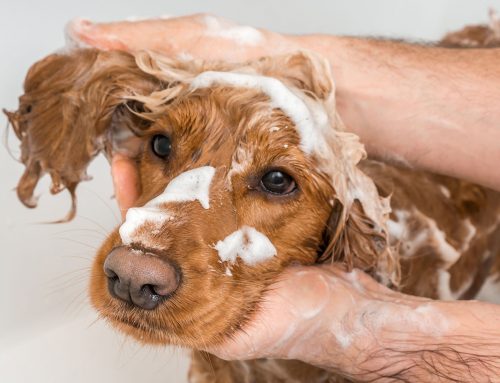The following information has been provided by Sydney University’s Centre of Veterinary Education on 10th July 2019
There have been recent reports of outbreaks of Leptospirosis in Sydney. All affected cases have been reported in the Inner West (Surry Hills, Glebe). Leptospirosis is caused by infection with filamentous, gram-negative motile bacterial spirochetes of the genus Leptospira. Favouring warm, moist environments, ponds and stagnant water and areas exposed to flooding may provide conditions suitable for the spirochetes to survive for months. Reservoir hosts allow continued contamination of the environment (most often rats).
Dogs, as incidental hosts, may become infected through contact with the spirochetes in food, water and bedding. Leptospira may penetrate mucous membranes and macerated or broken skin; the incubation period is around 7 days. Incidental hosts tend to develop more severe clinical signs and shed for longer periods. Leptospirosis can be suspected in any dog with:
- Nonspecific clinical signs like lethargy, vomiting and diarrhea
- Increased BUN on a blood test
- Increased glucose on an urine test
- +/- elevated liver enzymes
If presented with a case you suspect may be leptospirosis; important information to ask is:
- Any contact with rats
- Any contact with stagnant water (eg ponds)
- Any location the dog has been in the last 14 days
PPE is IMPERATIVE as Leptospirosis is considered zoonotic.
In suspicious cases we would recommend:
- Collect a urine and EDTA sample BEFORE giving antibiotics – send to IDEXX for PCR
- Collect a serum sample – send to IDEXX for antibody testing (this will help to identify the serovar), perform another titre 2 weeks later to determine if there is seroconversion, this will help us to determine the serovar responsible for infection
- Start treatment with IV fluids and antibiotics. IV penicillin derivatives such as ampicillin or amoxicillin are recommended initially however will not clear the organisms from the kidneys. To clear the infection oral doxycycline (5mg/kg BID or 10mg/kg SID) should be given for 14 days.
- The animal should be isolated from other animals and only be handled with appropriate PPE. We currently recommend isolation for 72 hours after the start of antibiotics.
- The owner should be advised to seek medical advice.
- It would be great to collect samples from animals (including cats) that have been in contact with the infected dog
You will get many requests for vaccination against Leptospirosis in the next few days to weeks. We would recommend vaccinating against Leptospirosis if the dog lives in the Inner West or city area or goes for walks in these areas. So far there have been no reported cases from other Sydney areas but we cannot exclude that cases will emerge in other areas as well.






